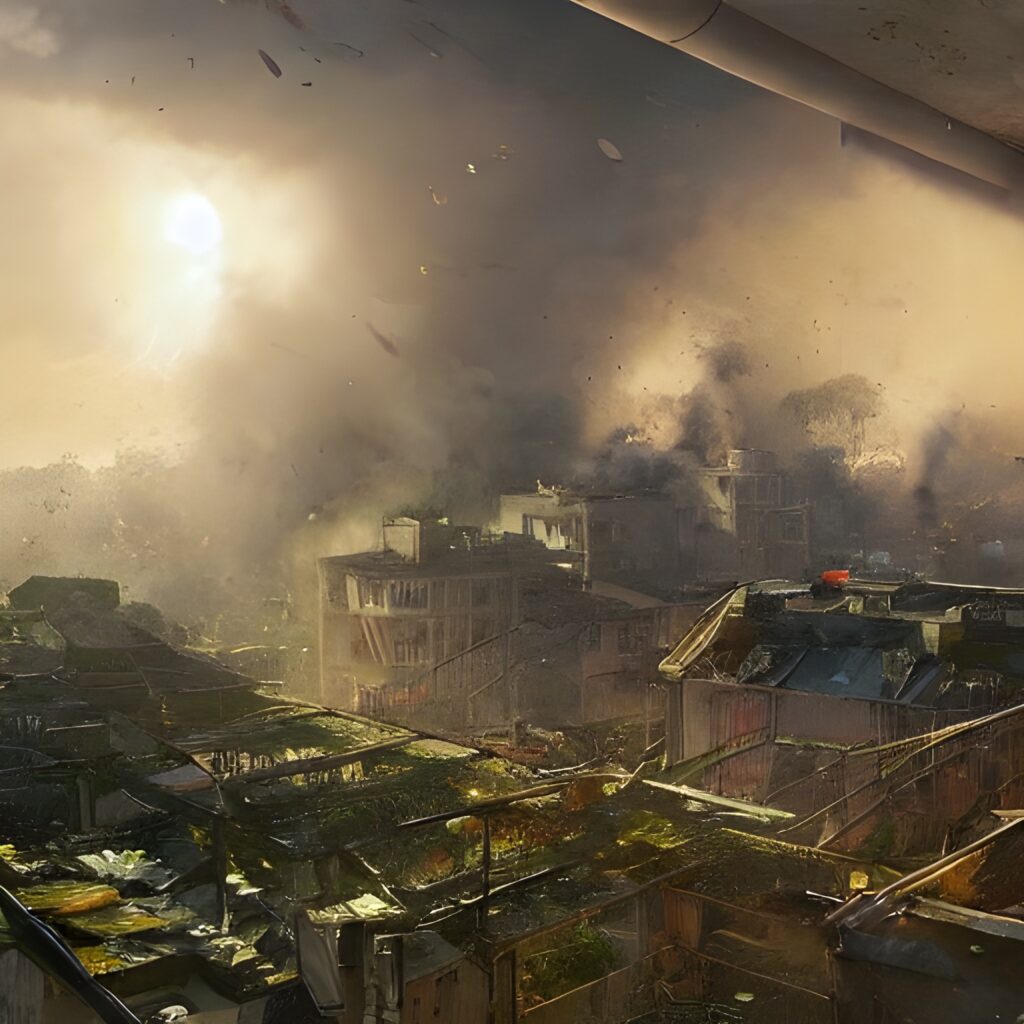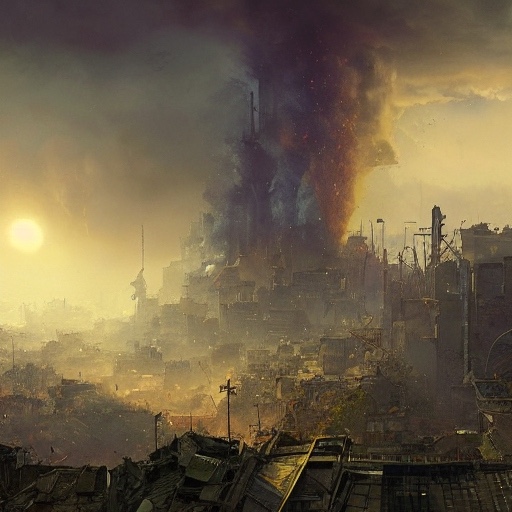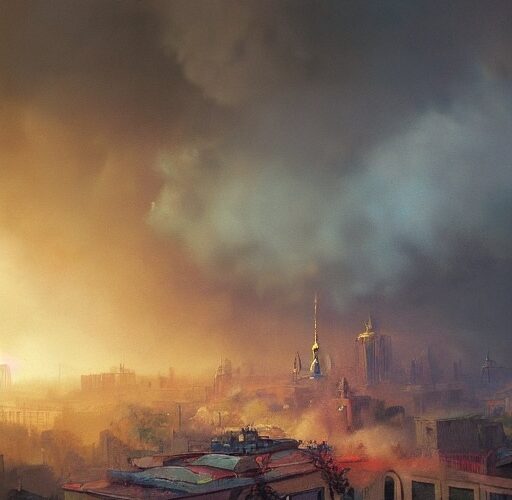The conflict between Ukraine and Russia began in 2014 when pro-Russian President Viktor Yanukovych was ousted from power following months of protests in Ukraine. In response, Russia annexed Crimea, a Ukrainian peninsula on the Black Sea, and supported separatist movements in eastern Ukraine.
The annexation of Crimea was based on several factors, including historical and strategic interests. Crimea was part of Russia until 1954 when it was transferred to the Ukrainian Soviet Socialist Republic. Many Russians considered the transfer to be a mistake and felt a strong cultural and historical connection to the region. Additionally, Crimea is strategically important for Russia as it provides access to warm-water ports in the Black Sea and the Mediterranean.
The conflict in eastern Ukraine began when pro-Russian separatists, who were allegedly supported by Russia, seized control of several cities in the Donbass region. The Ukrainian government responded with military force, leading to a protracted and violent conflict that has resulted in the deaths of over 13,000 people.
The reasons for Russia’s support of the separatists are multifaceted. Some analysts suggest that Russia was concerned about losing its influence in Ukraine and sought to maintain a friendly government in power. Others argue that Russia wanted to destabilize Ukraine to prevent it from aligning with the West and joining organizations such as NATO.
The conflict between Ukraine and Russia has led to a significant deterioration in relations between the two countries and has had wider implications for international relations. The annexation of Crimea was widely condemned by the international community, and economic sanctions were imposed on Russia as a result. The conflict in eastern Ukraine continues to simmer, and efforts to resolve the situation through diplomatic means have so far been unsuccessful.

Words Worth Mentioning
why did russia invade ukraine | ukraine-russia conflict | russian annexation of crimea | donbass region | pro-russian separatists | political instability in ukraine | geopolitics | military intervention | strategic interests | international law | diplomacy | sanctions | history of ukraine and russia relations | energy resources | NATO | western influence | national identity | human rights violations | propaganda | disinformation | cyber attacks
Hashtags for Social
#UkraineRussiaConflict #Crimea #Donbass #ProRussianSeparatists #Geopolitics #MilitaryIntervention #InternationalLaw #Diplomacy #Sanctions #Ukraine #Russia #NATO #EnergyResources #NationalIdentity #HumanRights #Propaganda #Disinformation #CyberAttacks #EasternEurope #WorldPolitics #ForeignPolicy #WorldAffairs

Related Questions
why did russia invade ukraine | what caused russia to invade ukraine | what led to russia’s invasion of ukraine | what provoked russia’s invasion of ukraine | why did russia annex crimea | what is the reason for russia’s involvement in ukraine | why did russia support separatists in ukraine | what motivated russia to intervene in ukraine | what is the origin of the ukraine-russia conflict | what are the factors behind russia’s aggression towards ukraine | why did russia seize crimea | what are the political motivations behind russia’s actions in ukraine | what is the background to russia’s involvement in ukraine | why did russia annex crimea and support separatists in ukraine | what are the underlying reasons for russia’s actions in ukraine | why did russia escalate the conflict in ukraine | what are russia’s objectives in ukraine | what are the strategic interests driving russia’s involvement in ukraine | why did russia not recognize ukraine’s sovereignty | what is the history of the ukraine-russia conflict | why did russia resort to military action in ukraine | what is russia’s perspective on the ukraine-russia conflict | why did russia violate international law by annexing crimea | what are the consequences of russia’s actions in ukraine | what is the impact of the ukraine-russia conflict on the region and beyond






